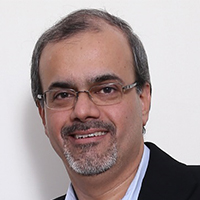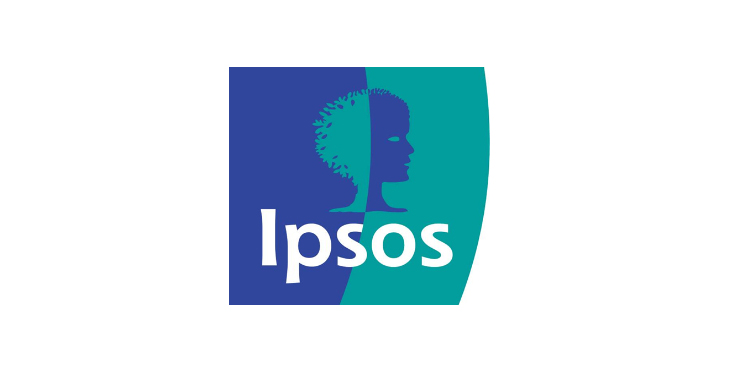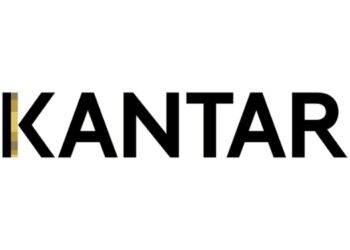New Delhi: “What Worries the World?”: COVID-19 is the biggest concern for the eighth successive month.
- November’s findings show COVID-19 is the top concern in 13 of the 27 surveyed nations, the same figure as last month.
- On average, 47% of people around the world now say COVID-19 is the top issue facing their country. This is a slight increase on October’s figures, which saw 44% placing the pandemic on their list of main concerns.
- Despite the resurgence of the virus in many parts of the world, current levels of concern are still some way below the peak of 63% which we recorded when coronavirus was first introduced to the list of topics in April. That survey saw COVID-19 stand out as the single most important concern in 25 out of 27 countries.
- The top worries globally are currently (in the following order): COVID-19, Unemployment, Poverty/Social inequality, Financial/Political Corruption and Crime/Violence, the same sequence as last month.
- Globally, 36% think their country is heading in the right direction while 64% say things are on the wrong track. Generally speaking, people are less positive about the immediate outlook than a few months ago. The recent peak wasinMaywhen we recorded45% saying their nation was heading in the right track.
- That said, there are noticeable disparities by country when we look at how national sentiment has changed over the past six months.
- This month, the biggest fall recorded when it comes to positive direction of travel is in Poland, where there has been a 13-point drop from last month to 13% today.
What Worries the World is a monthly online survey of adults aged under 75 in 27 countries comprising Argentina, Australia, Belgium, Brazil, Canada, Chile, France, Britain, Germany, Hungary, India, Israel, Italy, Japan, Malaysia, Mexico, Netherlands, Poland, Peru, Russia, Saudi Arabia, South Africa, South Korea, Spain, Sweden, Turkey and the United States.
The five major worries globally are:
- COVID-19 (47%): Included for the first time in April, COVID-19 is still the highest-scoring global issue this month. Malaysia (where it is mentioned by 76%), Great Britain(64%), Spain(64%) and Canada (57%)are currently the nations most worried about this issue. The pandemic is the single greatest concern for 13 of the 27 surveyed nations and additionally is the joint top worry for Israel(alongside Unemployment).
The thirteen countries which do not mention coronavirus as their number one issue are: Argentina (Crime/violence and Inflation), Australia (Unemployment), Brazil (Healthcare), Chile (Poverty/social inequality), Hungary (Healthcare), Italy (Unemployment), Mexico (Crime/violence), Peru (Crime/violence), Russia (Poverty/social inequality), South Africa (Financial/political corruption), South Korea (Unemployment), Sweden Crime/violence and Turkey (Unemployment).
- Unemployment (38%): Overall, the levels of concern about unemployment remain the same as last month. The highest levels of worry are seen in South Africa (65%) followed by Spain (60%) and Italy(58%).
- Poverty/social inequality (29%): Concern about Poverty/Social inequality is in line with October; once again Russia (scoring 56%) has the highest levels of concern about this issue, followed by Chile(48%) and Hungary(41%).
- Financial/political corruption (27%): The proportion citing this issue is in line with last month. South Africa(66%) is again the nation most concerned about this issue, ahead of Russia(48%) and Malaysia and Peru(both 45%).
- Crime and violence (26%): The figure recorded for this worry is equal to last month. South Africa (59%) is the nation most troubled about this issue,ahead of Sweden (57%).
The study finds that most people across the 27 countries surveyed say that their country is on the wrong track.
Looking at how many say their nation is on the wrong track (64% on average), we find that Poland(87%), South Africa and France(both 80%) and Belgium (79%)are most worried about their country’s direction of travel.
At the other end of the spectrum, ten nations have seen an increase in national optimism from last month with seventeen countries showing a drop. The biggest falls since last time are observed in Poland(currently registering 13% saying the country is on the right track) (-13pts) and, at the other end of the scale, Saudi Arabia, currently on82% (which is -6pts on the last measure). Meanwhile, most marked increases come from South Korea (now on 47% “right track”; +5pts) and Chile (36%are currently optimistic, also +5pts).
What worries Indians?
The five major worries for Indian citizens are:
- COVID-19 (mentioned by 50%)is the topmost concern amongstIndiansthough it has slightly diminished over previous month (-3 percentage points). India is ranked 12thon this issue globally,tied with the US at the 12th spot. Concern around the virus does not match the gravity of the situation faced by India on the pandemic with mounting numbers.
- Unemployment (43%) is once again the second greatest concern for the Indian public. And on the global scale, India is ranked 8th in the pecking order, tied in with Argentina, Chile and Israel.
- Crime and Violence (33%) is the third biggest worry (globally, it is the 5th biggest worry), India is ranked 7th of the 27 markets in levels of concern on this issue.
- Financial/ Political Corruption (27%)is the fourth major concern, but in relative terms India ranks 11thplace globally on this measure.
- Poverty & Social Inequality (23%) is the fifth mentioned concern. Though India is ranked 20th globally on this worry, amongst 27 markets.
58% of Indians say the nation is heading in the right direction, while the global view is the opposite with at least 64% global citizens believing, their country on the wrong track.

India is 4th in optimism in the pecking among 27 countries. Preceded by Saudi Arabia (82%), Malaysia (61%) and Australia (59%).
Commenting on the results, Ipsos India’s CEO, Amit Adarkar said: “Despite the mounting numbers of those afflicted with COVID19, Indians are ranked 12th in their worry levels – Indians are learning to live with the virus and are beset with worries of earning their livelihood with 43% being concerned about joblessness. Until the vaccine comes, the status quo will remain.”

















